Award Recipients
Excellence In Research Awards
The 2019 ASGCT Excellence in Research Awards were presented on Tuesday, April 30 during the George Stamatoyannopoulos Memorial Lecture to the following researchers:
|
Filippo Birocchi San Raffaele Telethon |
Allison Bradbury, Ph.D. University of Pennsylvania |
Alessio Cantore, Ph.D. San Raffaele Telethon |
Daniela Cesana San Raffaele Telethon |
|
Amanda Dudek, Ph.D. Grousbeck Gene Therapy Center, |
Samuel Huang Oregon Health and Science University |
Hak Kyun Kim, DPhil Stanford University |
Chang Li, Ph.D. University of Washington |
|
Richard Morgan University of California, Los Angeles |
Christopher Nelson, Ph.D. Duke University |
Giulia Pavani, Ph.D. Genethon |
Afrooz Rashnonejad, Ph.D. Nationwide Children's Hospital |
|
Dimah Saade, Ph.D. NINDS, NIH |
Giulia Schiroli, Ph.D. San Raffaele Telethon |
Meredith Sosulski, Ph.D. Weill Cornell Medical College |
Anne Vonada Oregon Health and Science University |
The 2019 Excellence in Research Awards are made possible by the generous sponsorship of:
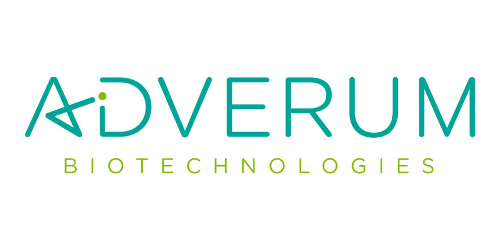
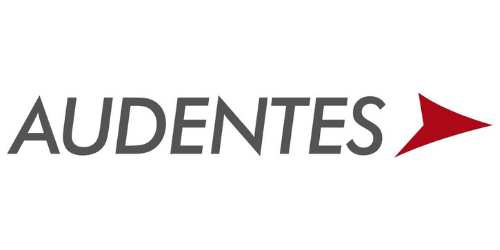
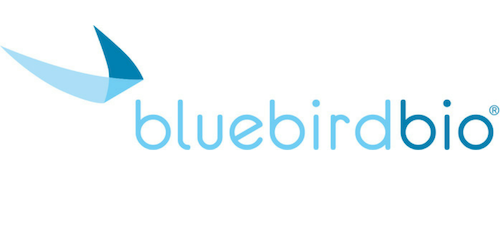
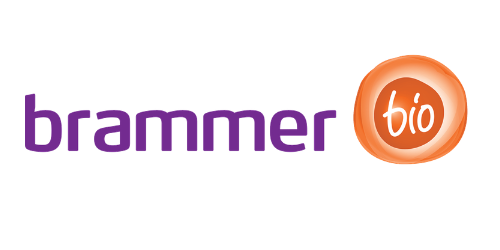
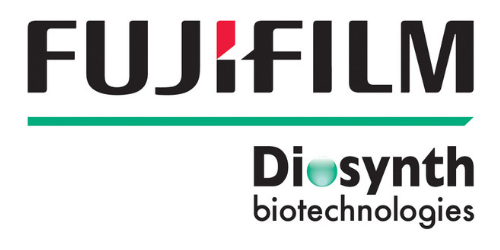

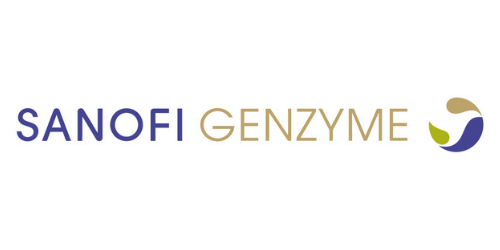
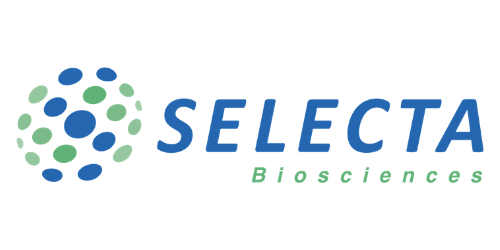
Travel Awards
The 2019 ASGCT Meritorious and Underrepresented Minority Travel Awards were presented during the respective presentations of the awardees at the 21st Annual Meeting:
|
Kaothara Adeyanju |
Aisha AlJanahi |
Filippo Birocchi |
Daniel Bittel |
Matthias Bozza |
|
Allison Bradbury |
Mariana Bravo-Hernandez |
Mitchell Brun |
John Butterfield |
Suvd Byambaa |
|
Alessio Cantore |
Sean Carrig |
Antonio Carusillo |
Jessica Centa |
Ana Cepeda Diaz |
|
Daniela Cesana |
Ying Kai Chan |
Shyambabu Chaurasiya |
Valery Chavez |
Chun-Yu Chen |
|
Beatrice Cianciotti |
Pasqualina Colella |
Julie Crudele |
Alessia De Caneva |
Joanne Marie Del Rosario |
|
Nathan Delvaux |
Peter Deng |
Amanda Dudek |
Corey Duke |
Nicholas Economos |
|
Chelsea Edelblute |
Eric Ehrke-Schulz |
Lauren Fleischer |
Christos Georgiadis |
Gwladys Gernoux |
|
Trevor Gonzalez |
Veronica Gough |
Beatrice Greco |
Amanda Gross |
Julian Grünewald |
|
Simone Hager |
Mohamad Hamieh |
Jiaying Han |
L Havlik |
Mareike Hoffmann |
|
Samuel Huang |
Raed Ibraheim |
Julia Joo |
Maja Kalbarczyk |
Xi Kang |
|
Hye Ri Kang |
Megan Keiser |
Hak Kyun Kim |
Swapna Kollu |
Biao Kuang |
|
Elisa Landoni |
Rachael Levings |
Xinghuo Li |
Chang Li |
Telmo Llanga |
|
Kevin Luk |
Mirko Luoni |
Victoria Madigan |
Laura Marquez Loza |
Rika Maruyama |
|
R Mellen |
Mario Mietzsch |
Feiyan Mo |
Leon Morales |
Richard Morgan |
|
Mustafa Munye |
Kelsey Murphy |
Christopher Nelson |
Matthew Nitzahn |
Ashlesha Odak |
|
Nandakumar Packiriswamy |
Helena Palau |
Eleni Panagioti |
Giulia Pavani |
Christopher Petersen |
|
Karl Petri |
Anastasia Petrova |
Benjamin Philipson |
Adrian Pickar-Oliver |
Alexandra Piotrowski-Daspit |
|
Brooke Prinzing |
Nikoleta Psatha |
Elias Quijano |
Shuquan Rao |
Afrooz Rashnonejad |
|
Steven Rheiner |
Alicia Roig-Merino |
Blake Rust |
Dimah Saade |
Andrew Satterlee |
|
Giulia Schiroli |
Sandhya Sharma |
Jamie Shirley |
Surya Shrivastava |
Anze Smole |
|
Laura Spector |
Sabrina Sun |
Takahiro Tadokoro |
Toloo Taghian |
Kazuhiro Takahama |
|
Amita Tiyaboonchai |
Patrizia Tornabene |
Gabriela Toro Cabrera |
Brian Truong |
Mildred Unti |
|
Valentina Vavassori |
Monica Volpin |
Anne Vonada |
Hongjie Wang |
Huawei Wang |
|
Jiao Wang |
Volker Wiebking |
David Wilson |
Meiyu Xu |
Hua Yang |
|
Hideki Yoshida |
Carolyn Yrigollen |
Mihaela Zabulica |
Markella Zannikou |
Xintao Zhang |
|
Detu Zhu |
The 2019 ASGCT Travel Awards are made possible by the generous support of the following sponsors:

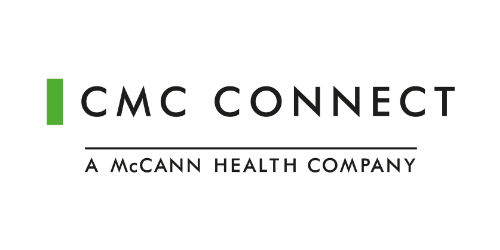
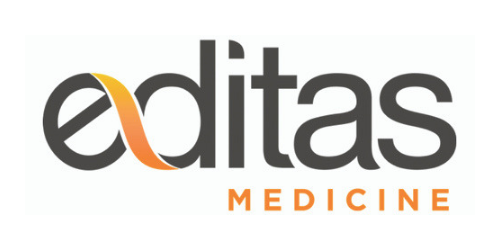
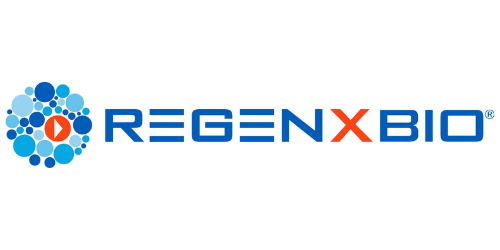



2019 Outstanding Poster Award Winners
Basel T. Assaf—Pfizer Inc.
Preclinical Evaluation of an AAV-Based Gene Therapy Approach for the Treatment of Friedreich Ataxia Cardiomyopathy
Enrico R. Barrozo—University of Florida, Gainesville
AAV-Mediated Ribozyme Gene Therapy for Ocular Herpes
Camilo Breton—University of Pennsylvania
Meganuclease Suicide System, a Self-Inactivation Method to Reduce Nuclease Expression and Off-Target Activity
Jessika Ceiler—National Center for Tumor Diseases and German Cancer Research Center
Wild-Type and Recombinant AAV: Novel Insights into Mitochondrial Integration and Trafficking
ZeNan L. Chang—University of California, Los Angeles
Rewiring T-Cell Signaling Responses to Extracellular Soluble Cues with Chimeric Antigen Receptors
Eun-Young Choi—NICHD, NIH
AAV6-Mediated Choroid Plexus-Targeted Gene Therapy for Alpha-Mannosidosis
Rebecca Cooper—Biogen
Optimizing Residual DNA Detection for Gene Therapy Programs
Sarah Isabel Davies—National Heart, Lung, and Blood Institute
Merkel Cell Polyomavirus Oncoprotein-Specific T Cells Generated from Healthy Donors for Potential Adoptive Immunotherapy
Benjamin Deverman—Broad Institute of MIT and Harvard
Elucidating the Mechanism of Blood-Brain Barrier Transcytosis by the Engineered AAV-PHP.B Capsids: A Critical Step towards Developing AAV Capsids for Human Gene Therapy
Giacomo Frati—INSERM
Fetal Hemoglobin De-Repression Following CRISPR/Cas9 Mediated Targeting of the γ-Globin Promoters as a Therapeutic Strategy foR β-Hemoglobinopathies
Christopher D. Greer—University of Pennsylvania
Implications of Deep Evolutionary History of Locomotion for Muscular Dystrophy Transgene Design
Akihito Inagaki—University of California, San Francisco
Retroviral Replicating Vector-Mediated Prodrug Activator Gene Therapy with Engineered Human Mesenchymal Stem Cells in an Experimental Glioma Model
Lori B. Karpes—Voyager Therapeutics
Stability of rAAV Vectors: Response to Various Biochemical and Biophysical Stresses
Shiron J. Lee—University of Toronto
Developing Gene Therapy for Treating Intractable Epilepsy in Dravet Syndrome
Laura I. Marquez Loza—University of Iowa
Codon Optimization Enhances Functional Cystic Fibrosis Transmembrane Conductance Regulator Expression
Wren Michaels—Chicago Medical School, Rosalind Franklin University of Medicine and Science
Splice-Switching Antisense Oligonucleotides for the Treatment of Cystic Fibrosis
Leon Morales—University of Pennsylvania
Utrophin Vector Protected by Central Tolerance as Potential Cure for Muscular Dystrophy
Sara Regio—CHUV (Lausanne University Hospital)
A Single Vector Approach in the Self-Inactivating KamiCas9 System with a Viral-Mediated Retrograde Transport
Rebecca E. Ryan—Emory University
Optimizing Gamma Delta T Cells Expansion for Cell-Based Immunotherapies
Abdul Mohin Sajib—Auburn University
Precise Genetic Modification of Canine Adenovirus Type 2 (CAV2) Genome by CRISPR/CAS9
Nina Semenova—Old Dominion University
Cytoplasmic Nucleic Acids Sensing in Mouse Myoblasts after Plasmid DNA Transfection: Potential Involvement of Multiple Proteins
Tracey L. Smith—Rutgers New Jersey Medical School
Targeted AAVP-Based Therapy in a Mouse Model of Human Glioblastoma: A Comparison of Cytotoxic Versus Suicide Gene Delivery Strategies
Nolan D. Sutherland—bluebird bio
The Ambr 15 System as a Screening Tool for Lentiviral Vector Process Development
Manuela Urban—DNA Vectors, DKFZ
Utilising Non-Viral Episomal S/MAR DNA Vectors for the Persistent Genetic Modification of hiPSCs
Guan Wang—University of Southern California, Los Angeles
Immunodominant and Cryptic Tumor Neoantigen Specific Immune Responses Activated by an Armed Oncolytic Virus Expressing a PD-L1 Inhibitor
Elizabeth Weisman—Obsidian Therapeutics
Regulation of CD40L Transgene Expression in Human CAR-T Cells Using FDA Approved Ligands
Lane H. Wilson—University of Connecticut School of Medicine
Effects of PhK Deficiency in a Mouse Model of Glycogen Storage Disease Type IX

